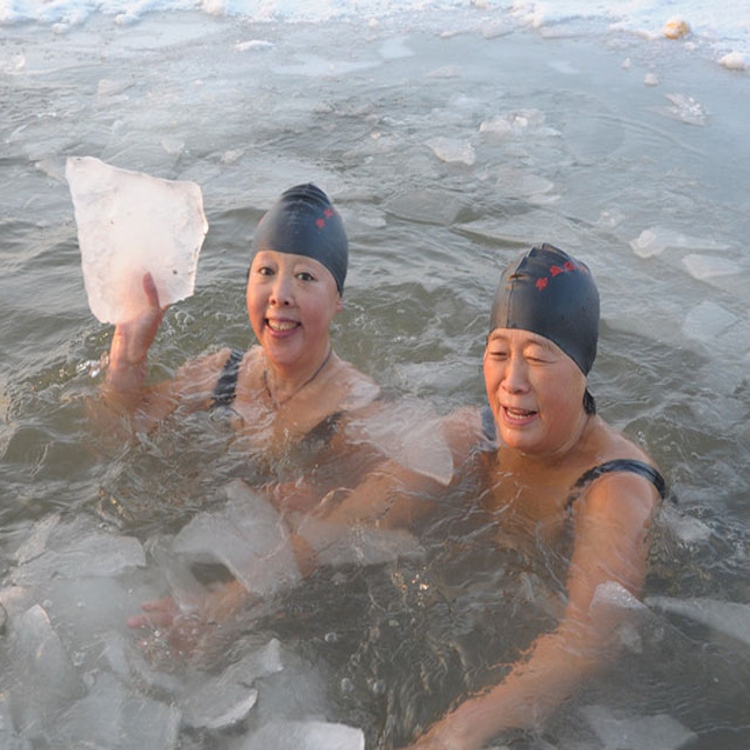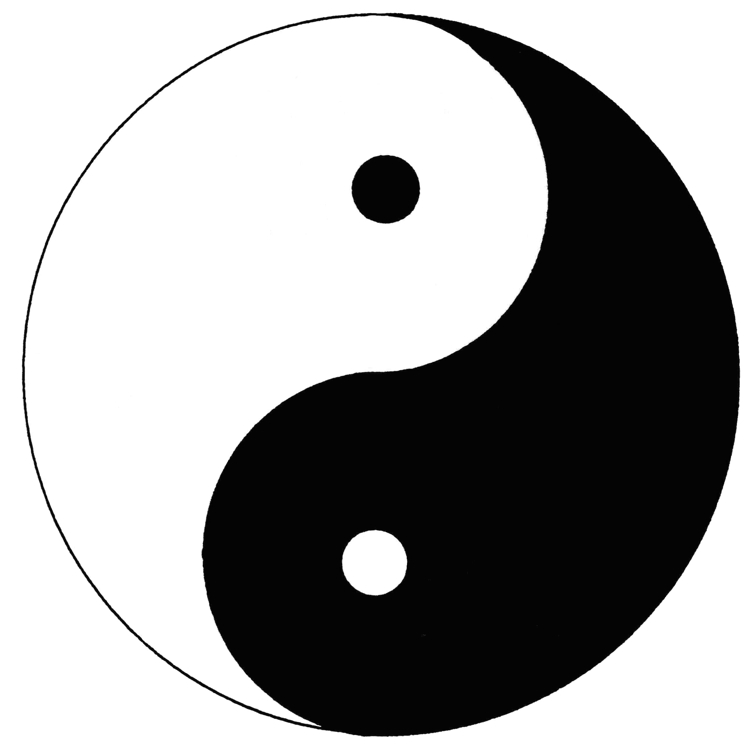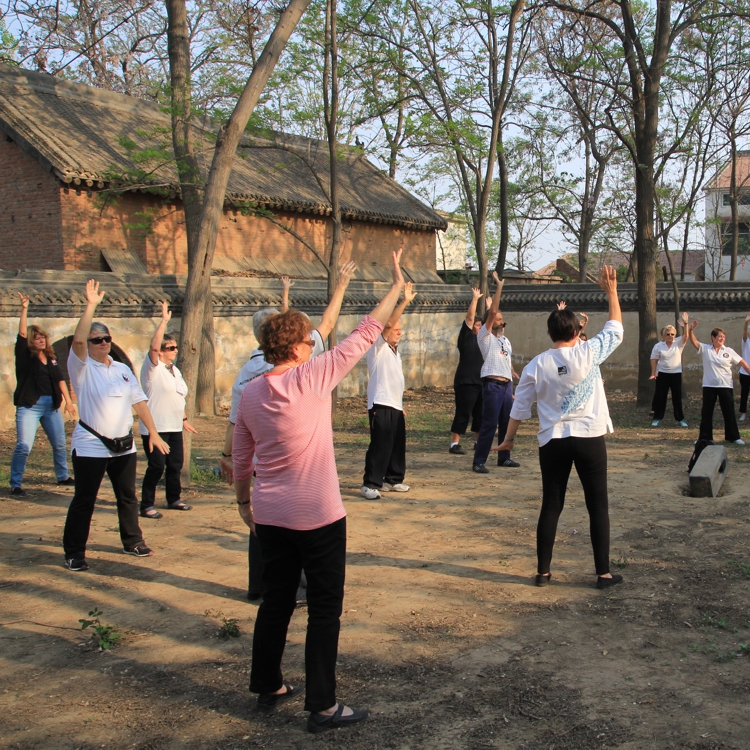TAI CHI QIGONG for CIRCULATION and the HEART
What Causes Heart and Circulatory Problems?
The body is composed of billions of cells. In order to survive they require a supply of oxygen and nutrients and need to have their waste products (which are toxic) to be removed. This is the job of the circulatory system. If it is not working properly then the cells become undernourished and poisoned by their own waste products. In such a condition they are easily susceptible to disease.
There is a tendency in our western culture to see the heart as something separate from the blood circulation However, it is the failure of the blood to circulate that actually kills us, not the stopping of the heart contractions. It is important to make this distinction because then our focus is on what makes the blood circulate. There are, in fact, a number of blood pumping systems in the body, including: movement itself and the effect of gravity, the muscular walls of the arteries, the pumping effect of muscles on the veins and the rhythmic pressure from the movement of the lung diaphragm. While the heart is the most important pumping system, failure or
inefficiency in the others seriously impairs circulation, leading the heart itself to having to work far harder than it was designed to, with the consequent increased risk of failure.
Now can Tai Chi Qigong help?
Tai Chi Qigong can help normalise blood pressure by reducing it if too high and increasing it if too low. Hugh blood pressure results mainly from tension (often sourced from stress and anxiety) carried within the musculature of the body. Tai Chi Qigong puts you into the relaxation response while teaching you to detect and release muscular tension. Low blood pressure is often sourced from an inadequately toned musculature that fails to maintain blood pressure to the brain during sudden movement. Tai Chi Qigong tones the musculature of the body, offsetting this problem.
The other thing about the heart is its ability to pump the amount of blood necessary for vigorous activity. The heart may cope fine with sitting at a desk but suddenly running up a flight of stairs or out of the way of an oncoming truck may lead the system to fail, with dire consequences. The practice of To Chi Qigong provides a 60 – 80% cardiovascular loading. This teaches the heart to respond to changes in loading without risk of failure.
Tai Chi Qigong aids the heart indirectly, by increasing the efficiency of other blood pumping systems, as follows;
THE VENOUS BLOOD RETURN SYSTEM
The veins of the body, particularly in the limbs, are threaded through the muscles, which, each time they contract, pump the blood towards the heart. (The veins have their own in-built valves to prevent back-flow.) If the muscles are not exercised, they lose tone and become flaccid. In this condition they are useless to pump the venous blood and the heart must use the back-pressure of the arterial blood to shift it, resulting in high blood pressure. If a person is stressed, with muscles continually held tight, this pumping effect is absent and the heart must actually force the blood through the tense muscles. This can also lead to higher overall blood pressure.
THE LUNG DIAPHRAGM
Diaphragmatic breathing us the method by which the vital organs are properly supplied with blood. With every in-breath, the lung diaphragm moves downward, compressing the organs in the abdominal cavity and squeezing out the venous blood. On the out- breath, the lungs contract and the space in the body torso increases. Since nature abhors a vacuum, the internal organs expand to fill that space, thus drawing in the fresh arterial blood. Many of us have developed poor breathing habits, breathing high in the lungs by
using the intercostal muscles and letting the lung diaphragm do little movement. Tai Chi Qigong teaches sound breathing techniques that improve circulation to liver, spleen, pancreas and kidney, and which assists the function of the small and large intestines with a gentle rhythmic massaging action.
This information is not meant as a substitute for medical advice.
© AATCQ – for more information see Grandmaster Gary Khor’s books
Related Articles
Articles, Blog, General Updates



